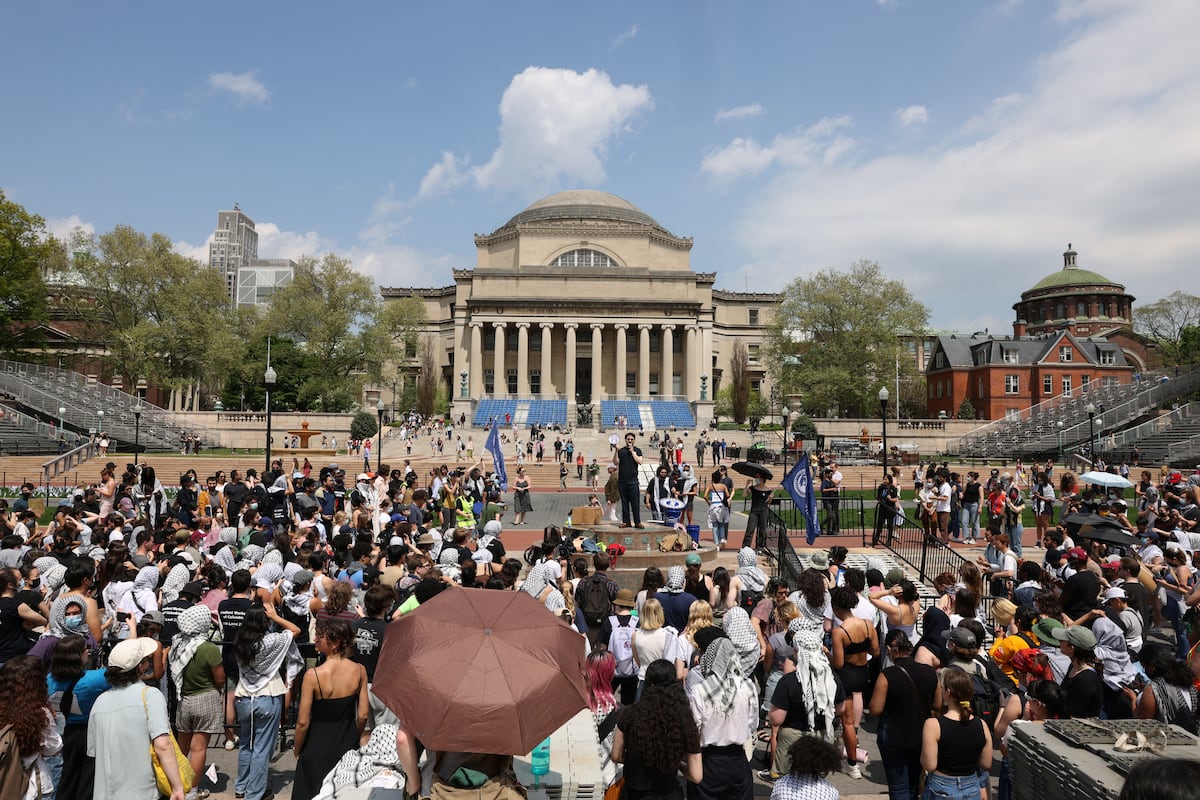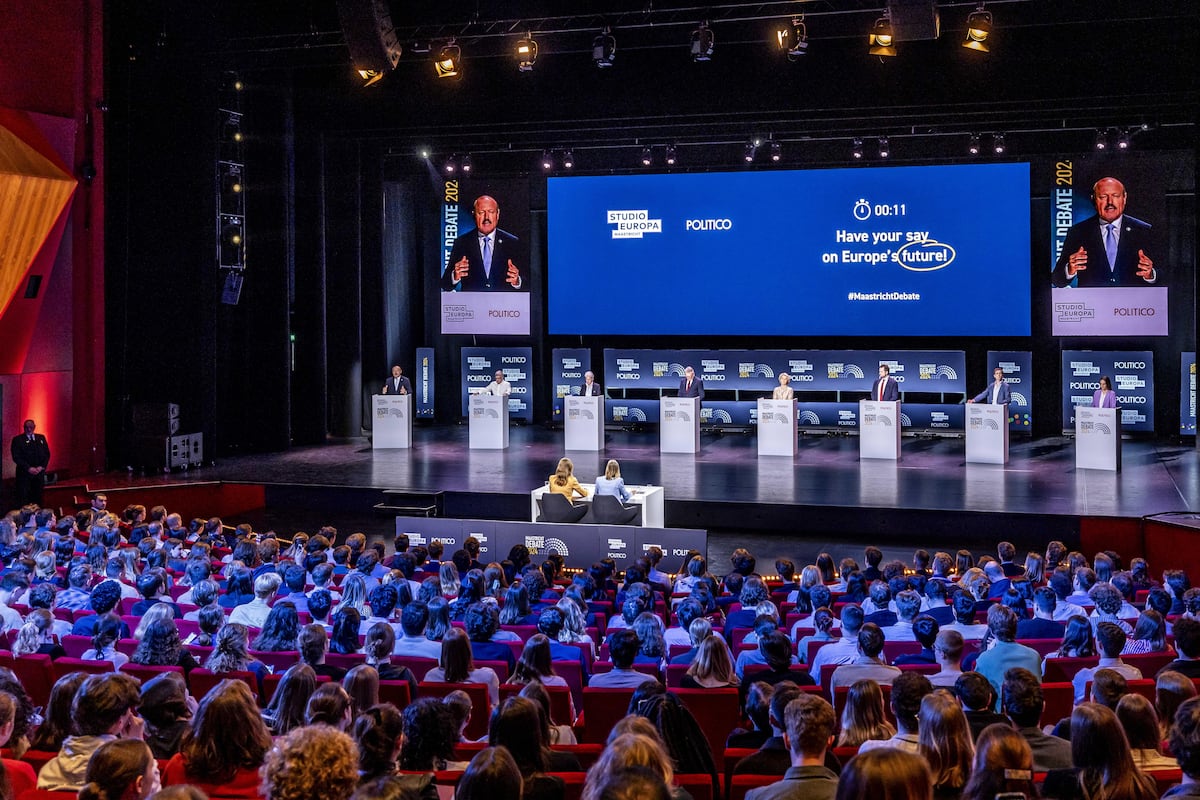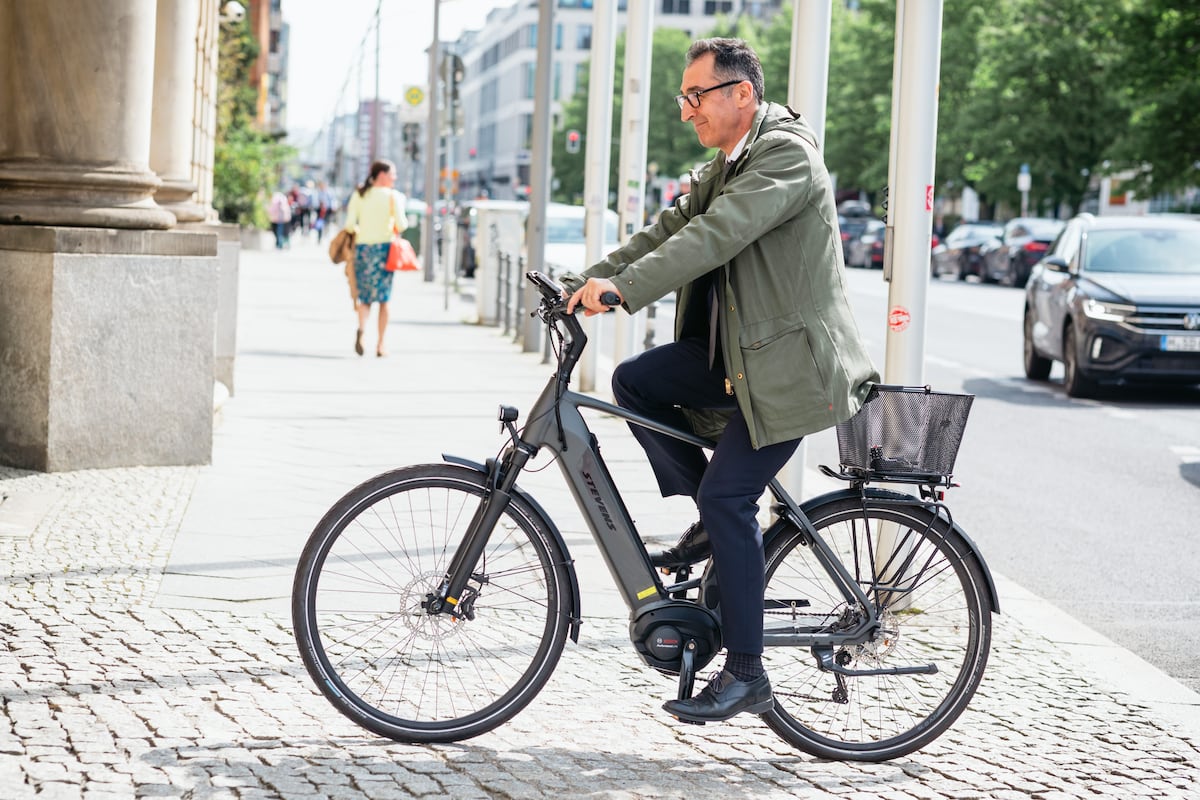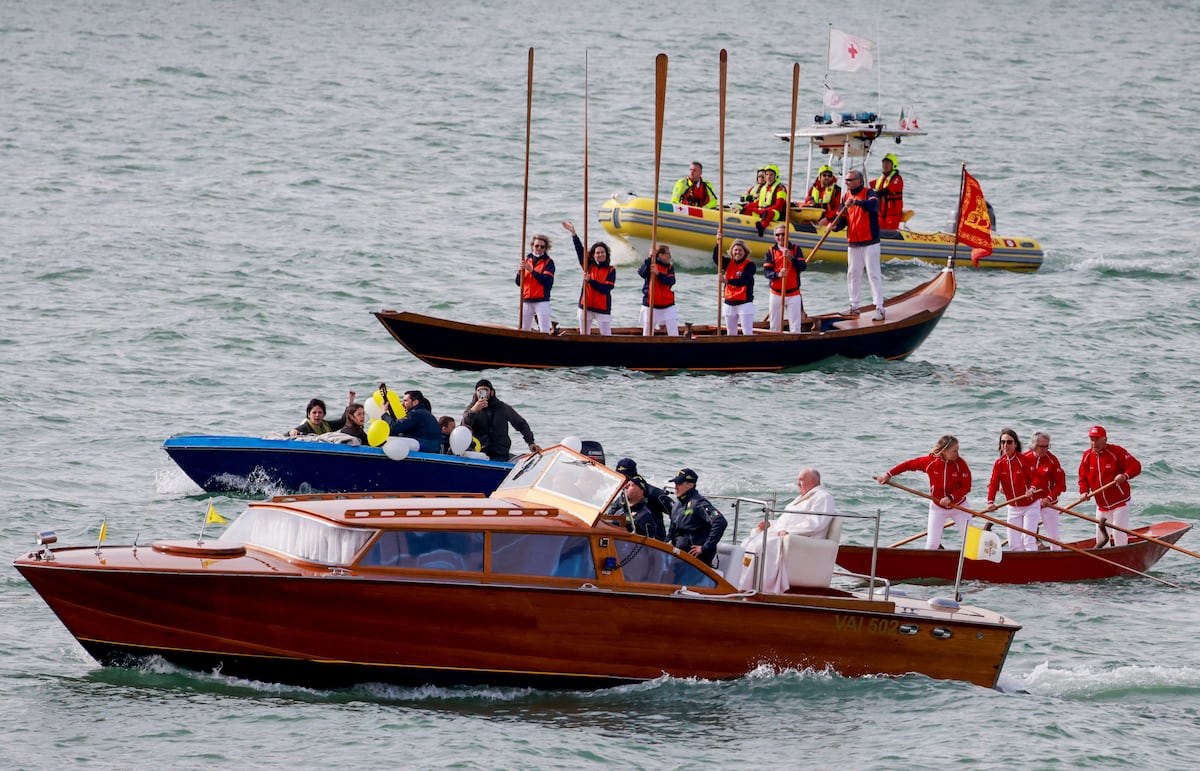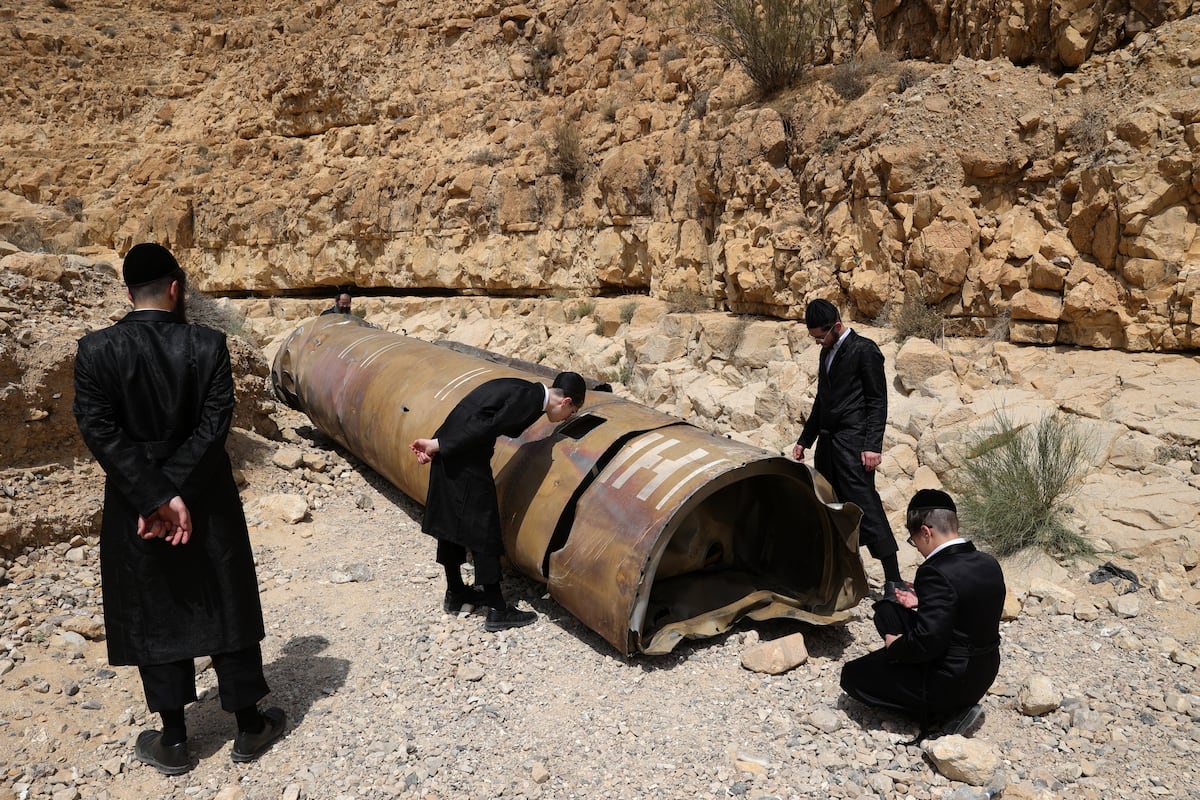As he wrapped up a two-day trip to Hanoi, his first visit to Vietnam, President Biden on Monday made a point of stopping by a memorial to his old friend, Senator John McCain, the famed prisoner of war who was later instrumental in forging reconciliation with a onetime enemy.
Mr. Biden brought John Kerry, another combat veteran-turned-senator who ultimately joined Mr. McCain to normalize relations between Washington and Hanoi in 1995. For Mr. McCain and Mr. Kerry, the bloody battles of Vietnam changed their lives, leaving scar tissue so indelible that it shaped their thinking and careers for decades.
Mr. Biden’s relationship to Vietnam and the war, however, was drastically different. While a contemporary of his two veteran friends, Mr. Biden never served in uniform, yet neither did he protest the war along with others of his age. He was too busy, he has said, getting an education, starting a family and entering politics. While he opposed the war, it did not define him, and he brought little baggage when he landed in Hanoi on a diplomatic mission this week.
For Mr. Biden, then, agreeing to a new strategic relationship with Vietnam during his trip was more about countering China than about exorcising ghosts of the past. It was apragmatic geopolitical calculation: Vietnam wants more distance from Beijing, and the United States wants more friends in the region.
The fact that a large bust of Ho Chi Minh looked on as he sealed the deal with Vietnam’s Communist leader, Nguyen Phu Trong, went unremarked on. So did the many tons of American bombs that once fell on this colonial city. For that matter, the repression of the current government barely rated a couple of boilerplate sentences from the president.
Instead, Mr. Biden talked effusively of the virtues of rapprochement. “I’m incredibly proud of how our nations and our people have built trust and understanding over the decades and worked to repair the painful legacy the war left on both our nations,” he said during his meeting with Mr. Trong.
The two sides on Monday put that on display with an exchange of items symbolizing how they have moved on. Two American veterans returned a diary recovered on the battlefield in 1967 to the Vietnamese soldier who wrote it. Vietnamese officials presented Secretary of State Antony J. Blinken with identification cards of U.S. troops still missing in action.
To the extent that the Vietnam War influences Mr. Biden today, it is a cautionary tale of misguided use of force overseas — one that most recently informed his decision to pull American forces out of Afghanistan after 20 years. As it happened, the chaotic withdrawal from Kabul in 2021 reminded many of the searing image of an American helicopter taking off from the roof of a Saigon building in 1975, the symbol of an ignominious ending to a disastrous war.
“I think he learned to dig in hard to find out what’s really going on and what the facts are and don’t necessarily take conventional wisdom, but be suspicious,” Mr. Kerry, a Democrat who represented Massachusetts and now serves as Mr. Biden’s climate envoy, said in an interview. “He’s made comments to me about feeling the responsibility to make sure that as president you don’t get yourself into an unwanted war.”
Former Senator Chuck Hagel, a Republican from Nebraska and another Vietnam veteran who served with Mr. Biden in Congress, said in a separate interview from the United States that the future president often contemplated the enduring meaning of that war.
“Biden and I spoke often about Vietnam and its consequences,” said Mr. Hagel, who also served with Mr. Biden in President Barack Obama’s administration as defense secretary. “How we disastrously drifted into a needless war that cost America over 58,000 lives and caused political chaos in the U.S.”
“Lessons learned,” he added. “I think those lessons have very much underpinned Biden’s foreign policy thinking and philosophy: Caution. Careful analysis.”
Mr. Biden is the fourth member of the Vietnam generation to be president and the fourth who did not serve in the war, but the first for whom it has not been much of a political headache. Bill Clinton, George W. Bush and Donald J. Trump were all attacked for the ways they avoided Vietnam.
Mr. Biden, four years older than each of those men, received five student deferments while at the University of Delaware and Syracuse University College of Law. As he was about to graduate in 1968, he was classified 1-Y after a medical exam, a designation meaning he was not fit for service except in a national emergency. A spokesman in 2008 attributed that classification to asthma.
In that sense, Mr. Biden’s record was not that different from that of Mr. Trump, who received four student deferments and then was also classified 1-Y in 1968 because of what he said were bone spurs in his foot. But Mr. Trump’s diagnosis came as a favor from a foot doctor in Queens who rented an office from Mr. Trump’s father, Fred C. Trump, two of the doctor’s daughters told The New York Times. Mr. Trump once said that “my personal Vietnam” was avoiding sexually transmitted diseases while dating.
Mr. Biden received little criticism for his medical classification even though he played college football without evident problems from asthma. That may reflect the evolution of the politics of Vietnam: Today’s electorate is far less dominated by voters with personal memories of that era who are attentive to whether candidates served or not.
While Mr. Biden never put on a uniform, he likewise did not pick up a protest sign. In the past, he has talked disdainfully of student protesters who took over a university office at Syracuse. “We looked up and said, ‘Look at these assholes,’” he recalled in “Promises to Keep,” his 2007 memoir. “That’s how far apart from the antiwar movement I was.”
He made clear that he did not see the war as a question of principle. “I didn’t argue that the war in Vietnam was immoral,” he wrote. “It was merely stupid and a horrendous waste of time, money and lives based on a flawed premise.”
In 1987, when Mr. Biden was taking his first shot at the White House, he distanced himself from both sides of the war debate. “I’m not big on flak jackets and tie-dye shirts,” he told reporters. “Other people marched. I ran for office.”
On the campaign trail and in office, though, he was a voice against the war. He railed against it during a speech at the Delaware Democratic Convention in 1972 in his first race for the Senate when he was 29. “The soul of America rises in torment, and a generation of Americans believe that ‘foreign policy’ means only body counts and rubble in what were once peaceful hamlets,” he said, an early use of the soul-of-America phrase that is a regular staple of today’s speeches in a different context.
Once in the Senate, Mr. Biden voted against aid for South Vietnam, a move that was criticized in later years by Republicans who viewed it as a betrayal of an ally. “That was part of the deal when we pulled out of South Vietnam, to try and help them survive,” Robert M. Gates, who served as defense secretary under Mr. Obama before Mr. Hagel, said in a 2014 interview on NPR criticizing Mr. Biden’s national security judgment.
Over the years, Mr. Biden sponsored legislation to help Vietnamese refugees and supported moves led by Mr. Clinton, Mr. McCain and Mr. Kerry to establish normal relations with Vietnam.
“He always tended to defer to McCain and Kerry on Vietnam issues” possibly “because his lack of service made him politically shy to engage,” said Frank Jannuzi, a longtime Asia adviser to Mr. Biden in the Senate. “But he had pretty strong views.”
To Mr. Biden, Vietnam showed the futility of committing vast resources to a fight that cannot be won. “The ‘we can’t fight harder for them than they are willing to fight for themselves’ ethos was reinforced in Biden’s mind,” said Mr. Jannuzi, citing a regular line used by Mr. Biden. “And I think you saw this decades later in his decision not to reverse Trump’s Afghan pullout plan.”
Ron Klain, the president’s first White House chief of staff, said questions of war and peace were also personal for Mr. Biden. While he did not serve in Vietnam, the president experienced the burdens of war on a family when his son, Beau Biden, was deployed to Iraq.
“He’s always aware that others in his generation served in that war and he didn’t,” Mr. Klain said. “And aware that the burden of service falls on a small percentage of families in this country — of which the Bidens became when Beau served in Iraq. It impacts his view about sending Americans into harm’s way and why he insists on there being a clear and compelling rationale to do it.”
